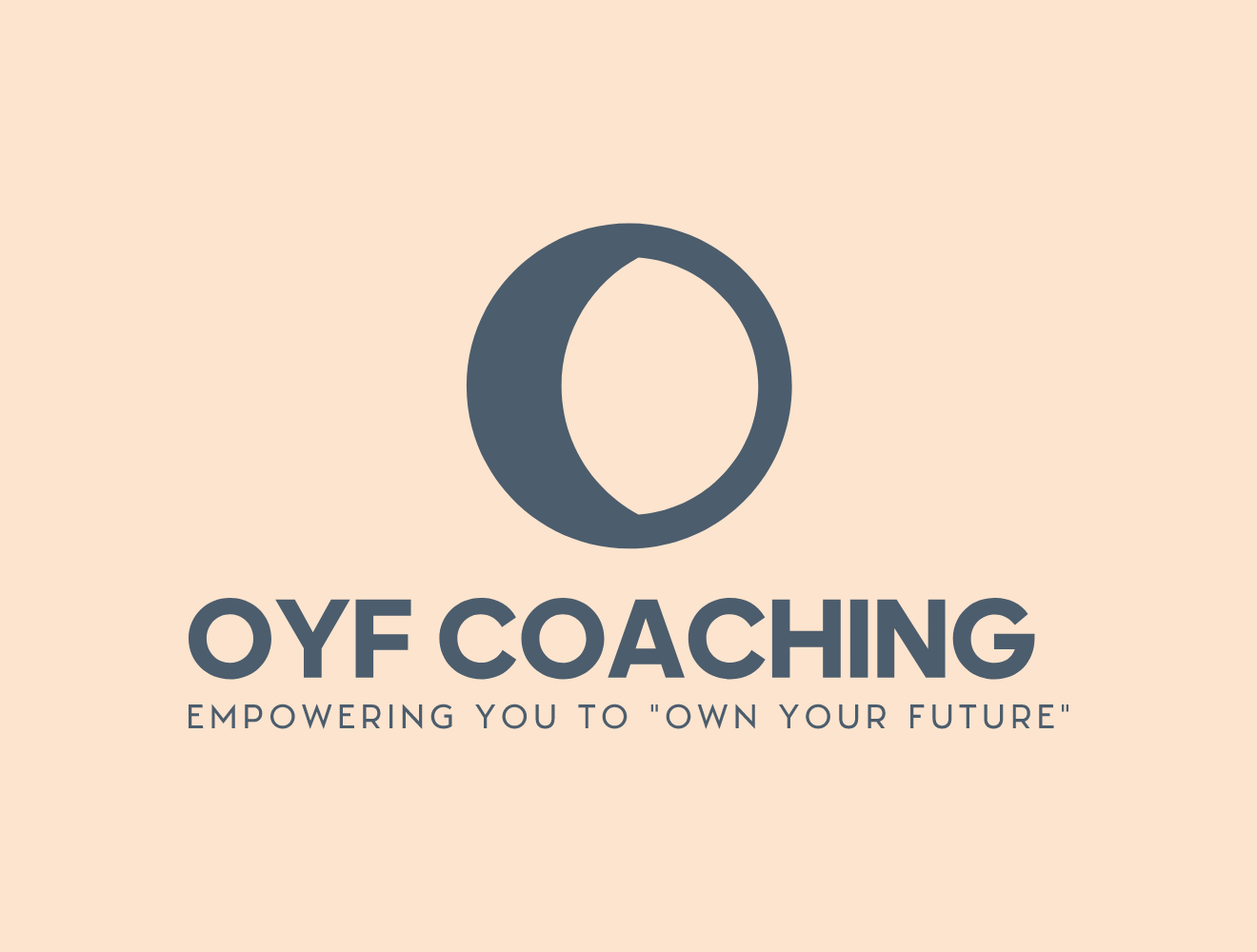Building Resilience Through Coaching: Lessons from Athletes and Executives
In the fast-paced, high-stakes environments of both athletics and executive leadership, the ability to rebound from setbacks is not just a desirable trait—it is an essential one. Resilience, the capacity to recover quickly from difficulties, is a critical skill that distinguishes the high performers from those who may falter under pressure. As the world of business becomes increasingly volatile, uncertain, complex, and ambiguous (VUCA), the need for resilience in leadership has never been greater.
Understanding Resilience: Lessons from the Field
Resilience is not an inherent trait; rather, it is a skill that can be developed, nurtured, and strengthened over time. Consider the story of two hypothetical individuals, Douglas and Walter, who were laid off from their jobs on Wall Street. Douglas quickly regained his footing, attributing his job loss to the broader economic climate rather than a personal failure. He remained proactive, updated his résumé, and continued to pursue new opportunities until he secured a position. Walter, on the other hand, spiraled into self-doubt, convinced that his layoff was a reflection of his inadequacies. His inaction led to further stagnation, and he eventually withdrew from the job market altogether.
These two scenarios highlight the spectrum of responses to failure. Douglas exemplifies resilience, demonstrating a growth mindset that sees setbacks as temporary and surmountable. Walter, by contrast, falls into a pattern of learned helplessness, where past failures dictate future actions—or inactions.
The Science of Resilience
Martin E.P. Seligman, often regarded as the father of positive psychology, has extensively studied the phenomenon of learned helplessness and its impact on human behavior. His research shows that resilience can be cultivated through the development of an optimistic explanatory style—interpreting setbacks as temporary, specific, and changeable, rather than permanent, pervasive, and personal.
Seligman's work with the U.S. Army’s Comprehensive Soldier Fitness program is a prime example of resilience-building in action. Through structured resilience training, soldiers are taught psychological skills to stop the downward spiral of failure and to bounce back stronger. The program focuses on positive emotion, engagement, relationships, meaning, and accomplishment—building blocks of resilience that are just as applicable in corporate environments as they are in military settings.
Coaching for Resilience: A Dual Approach
At OYF Coaching, we take a dual approach to building resilience: mental toughness and strengths-based development. This approach draws from both athletic coaching and executive leadership principles, blending the best of both worlds to create resilient leaders who can thrive under pressure.
Building Mental Toughness: The ABCD Model
Adversity is a given in any challenging environment. However, the way leaders respond to adversity is what defines their resilience. Using Albert Ellis's ABCD model, we coach leaders to understand that emotional Consequences stem not from Adversity itself, but from their Beliefs about the adversity. By identifying and challenging these beliefs, leaders can learn to quickly dispel unrealistic fears and maintain focus under pressure.
We also address "thinking traps," such as overgeneralization or catastrophic thinking, which can derail even the most capable leaders. By re-framing these thoughts and focusing on realistic outcomes, leaders can maintain a balanced perspective, even in the face of setbacks.
Strengths-Based Development: Leveraging Signature Strengths
Resilience is not just about bouncing back from setbacks; it’s also about leveraging one’s strengths to navigate challenges effectively. At OYF Coaching, we use the Values in Action (VIA) signature strengths survey to help leaders identify and harness their top character strengths. This strengths-based approach enables leaders to approach challenges with confidence, knowing that they have the internal resources to succeed.
By focusing on strengths, we also help leaders develop a positive narrative around their experiences. This narrative allows them to see setbacks as opportunities for growth, rather than as insurmountable obstacles.
Practical Tools for Building Resilience
In our coaching sessions, we provide leaders with practical tools for positive communication and effective praise—key components of resilience in a team setting. Drawing on the work of Shelly Gable and Carol Dweck, we teach leaders how to respond actively and constructively to their team members, fostering an environment of trust and mutual respect. This, in turn, builds a resilient organizational culture where challenges are met with collective strength rather than individual fear.
We also emphasize the importance of "spiritual fitness"—not in a religious sense, but in terms of developing a strong sense of purpose and belonging. Leaders who see themselves as part of something larger than their own ambitions are better equipped to handle setbacks, as they can draw strength from their broader mission.
Resilience: The Cornerstone of Leadership
In conclusion, building resilience is not just about recovering from setbacks; it’s about emerging from them stronger, wiser, and more determined. Whether you are an athlete facing the pressure of competition or an executive navigating the complexities of a volatile business environment, resilience is the cornerstone of sustained success.
At OYF Coaching, we are committed to helping leaders develop the resilience they need to thrive in today’s challenging world. Through our dual approach of mental toughness and strengths-based development, we equip leaders with the tools and mindsets necessary to turn setbacks into stepping stones toward greater achievement.
Remember, resilience is not about avoiding failure—it’s about embracing it as a necessary part of the journey to success. By cultivating resilience, you not only enhance your own leadership capabilities but also inspire those around you to rise to their fullest potential.
Acknowledgment:
This article draws upon the foundational ideas presented in "Building Resilience" by Martin E.P. Seligman, published in 2011. His work, which emphasizes the importance of optimism and resilience in overcoming adversity, continues to inspire and inform our coaching practices today. We acknowledge and credit Dr. Seligman's research and insights as crucial contributions to the development of effective strategies for building resilience in both individuals and organizations.
